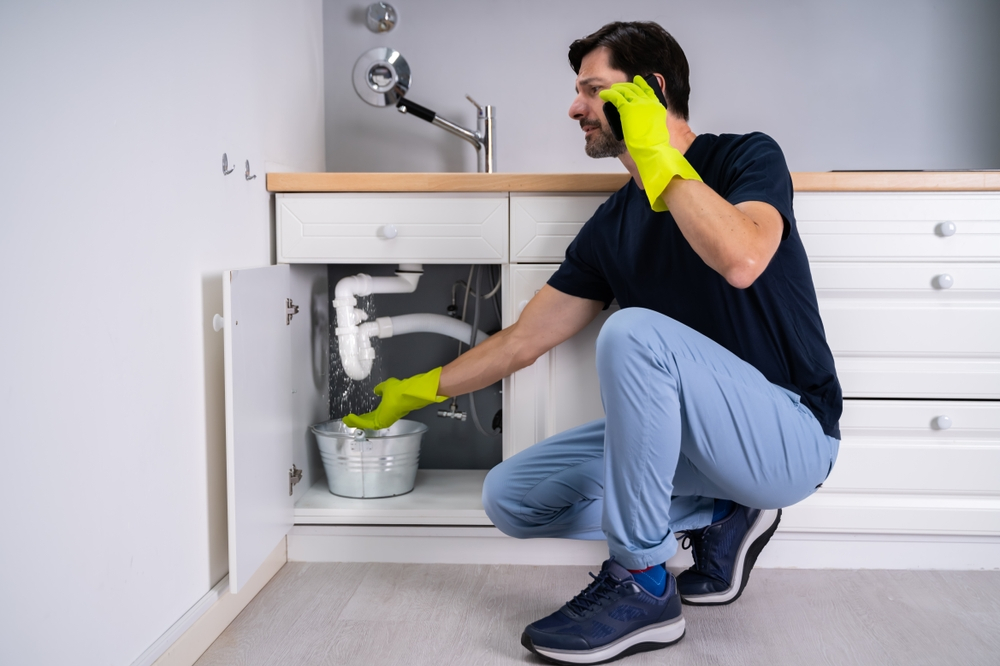Top 10 Tips for Preventing Plumbing Emergencies
Plumbing emergencies can happen at any time and frequently result in serious harm and discomfort. To prevent such disruptions, vigilance and preventive maintenance are essential. Ten crucial suggestions are provided in this blog post to assist homeowners maintain a secure and effective plumbing system and avoid plumbing issues.
1. Continual Exams
Arrange yearly checks with a certified plumber to spot possible problems before they get worse. This can involve examining pipes for damage, looking for leaks, and making sure all fittings are operational.
2. Be Aware of Your Plumbing System
In an emergency, knowing the location of important parts like the main water shut-off valve and how your plumbing system functions can be quite helpful. Spend some time getting acquainted with how your pipes are laid out.
3. Pay Attention to What You Flush
Trash cans are not used as toilets. Do not flush anything but toilet paper. Certain items might clog your system and result in backups, like wipes, sanitary products, and even too much toilet paper.
4. Exercise Caution When Using Drains
Avoid putting grease, oil or food scraps down the kitchen sink to keep your drains clear. To collect hair and other debris from showers and sinks, use drain strainers.
5. Keep Your Water Heater In Good Working Order
Every year, inspect your water heater to make sure there is no rust or buildup, which can reduce its effectiveness and cause leaks or bursts. One way to get rid of sediment that could cause damage is to drain it once a year.
6. Quickly patch any leaks
Small leaks can cause larger issues including mildew, mold, and structural damage. As soon as you discover leaks in shower heads and faucets, fix them to conserve water and stop deterioration.
7. Avoid Freezing Pipes
To keep pipes from freezing during the winter, insulate them in colder locations like basements, attics, and next to external walls. Make sure your thermostat is set to the same temperature day and night during extreme cold snaps.
8. Put in place backflow prevention
If you don’t already have one, install a backflow prevention device to stop sewage backups during intense rain storms or floods.
9. Examine your sump pump
If you have a sump pump, make sure it’s prepared to manage excess water and stop basement flooding by giving it a routine test and cleaning before the rainy season.
10. Teach Your Family
Every member of your family should be familiar with the fundamentals of plumbing, particularly how to turn off the water in the event of a significant leak. Educating your family makes them more resilient to accidents and ready to take swift action in the event of an emergency.
Conclusion: Act Now to Save Later
The key to preventing plumbing emergencies is routine maintenance and prompt repairs. You can keep your home plumbing system in good working order and drastically lower the likelihood of unplanned plumbing catastrophes according to these ten recommendations.
Don’t wait for a crisis to happen. Make an appointment for a routine inspection or take care of any minor issues before they become bigger ones by getting in touch with your neighborhood plumbers right now. Long-term cost savings and peace of mind are two benefits of having your plumbing in excellent shape.
